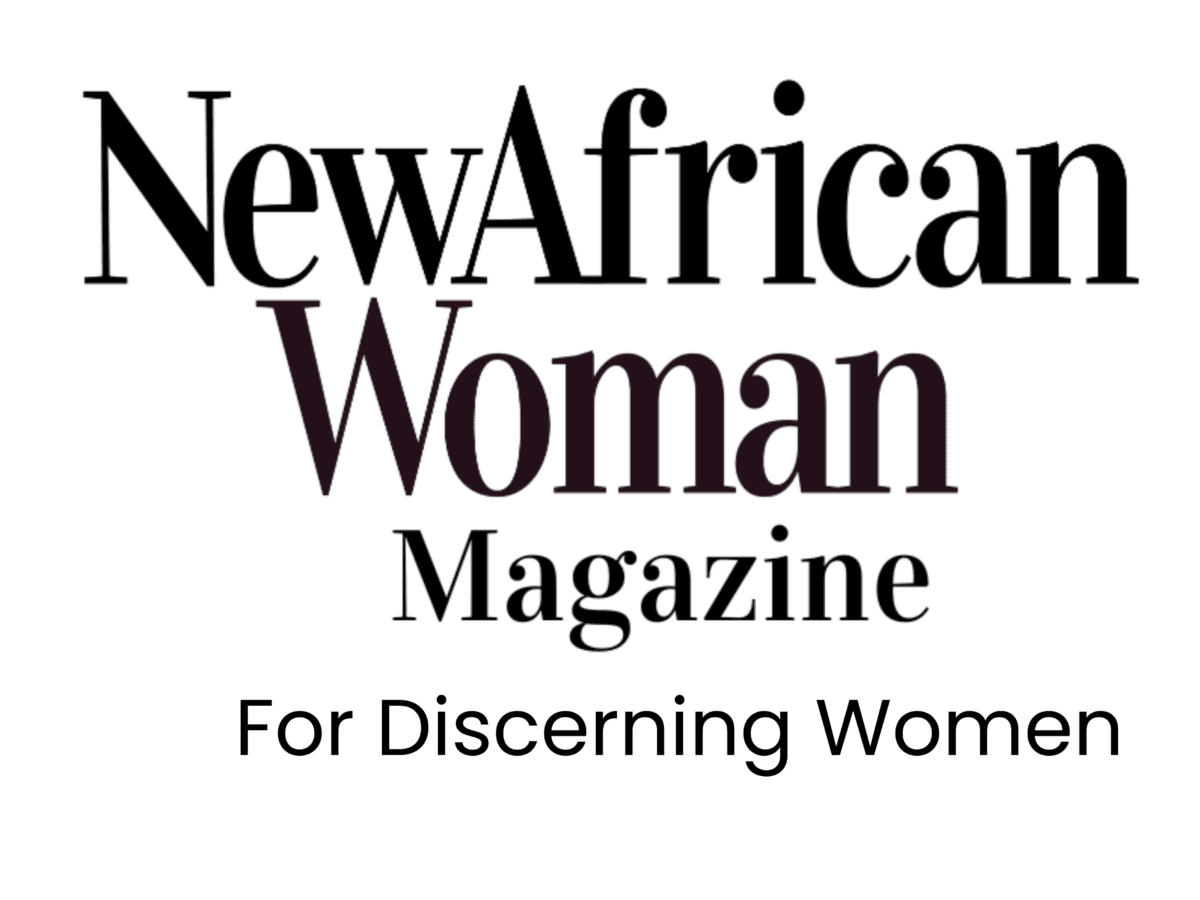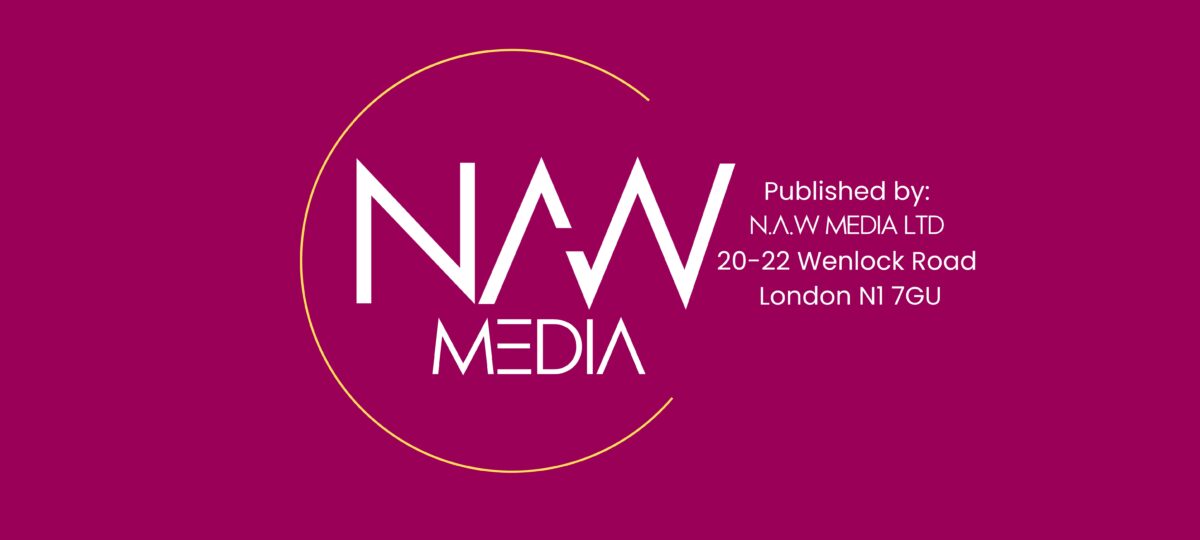AT A GLANCE: UN WOMEN WEST AND CENTRAL AFRICA OFFICE (WCARO)

Located in Dakar, Senegal, the UN Women West and Central Africa Regional Office (WCARO) coordinates support for 10 Country offices and covers 13 Non-Resident Agency countries. As Non-Resident Agency, UN Women supports the UN system to address gender equality in its policy, coordination and programmes efforts towards strengthening women’s and girls’ human rights protection, resilience and empowerment in the region.
Serving as the interface between UN Women headquarters and the country offices, UN Women WCARO provides high-end policy advisory services and technical support for the successful implementation of the UN Women All Africa Strategy at regional level, as well as for management oversight and quality assurance processes to enhance the country programmes’ effectiveness.
To this end, WCARO has been promoting and supporting the implementation of policy coherence on these topics through several flagship programmes:
• The Women Count programme on disaggregated gender statistics production.
• The Climate-Smart Agriculture Value Chains programme and the Buy from Women digital platform.
• The 16 Days of Activism Against Gender-Based Violence campaign and the Spotlight Initiative on GBV.
• The French Muskoka Fund on maternal and children’s health.
• The Women’s Leadership, Empowerment, Access and Protection in Crisis Response programme regarding peace and security.
• The global HeForShe campaign for which UN Women WCARO is playing a critical role in the development of local progressive legislation and advocacy efforts to raise awareness of gender equality and women’s rights.
What we do
Bridging gender knowledge gaps
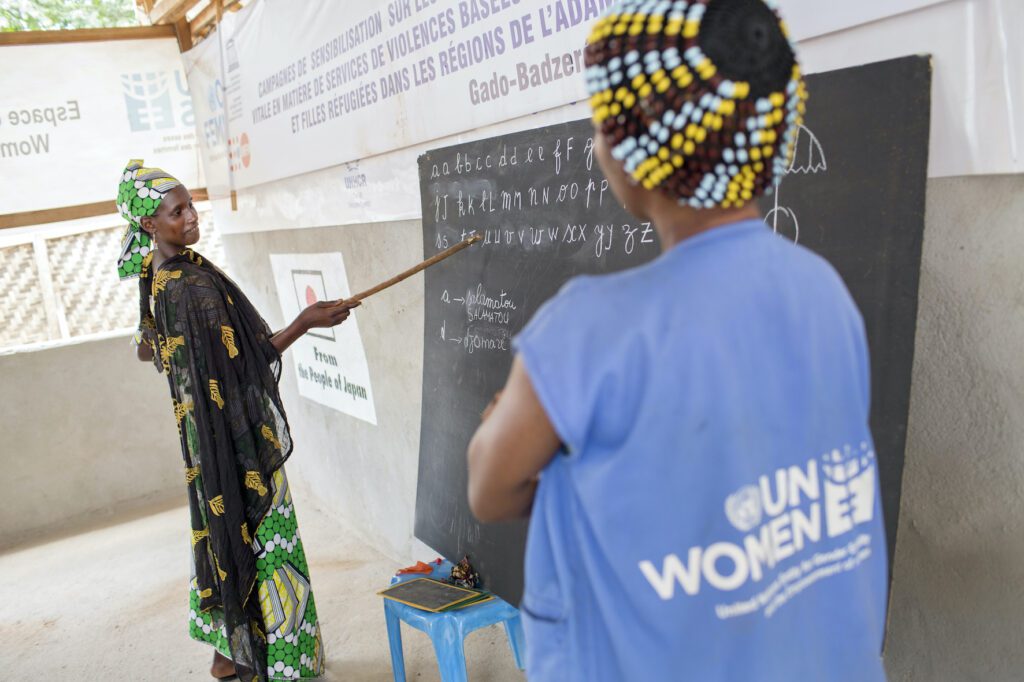
As a regional center of knowledge, UN Women plays a key role in knowledge production management, based on accurate data and gender-responsive research and evaluation. It promotes a culture of knowledge and learning, cultivates knowledge partnerships, leads institutional capacity-building to bridge the gender knowledge gap, and fosters knowledge exchange platforms.
Only 15% OF COUNTRIES HAVE LEGISLATION THAT MANDATES SPECIALIZED GENER-BASED SURVEYS.
Campaigning to end violence against women and girls
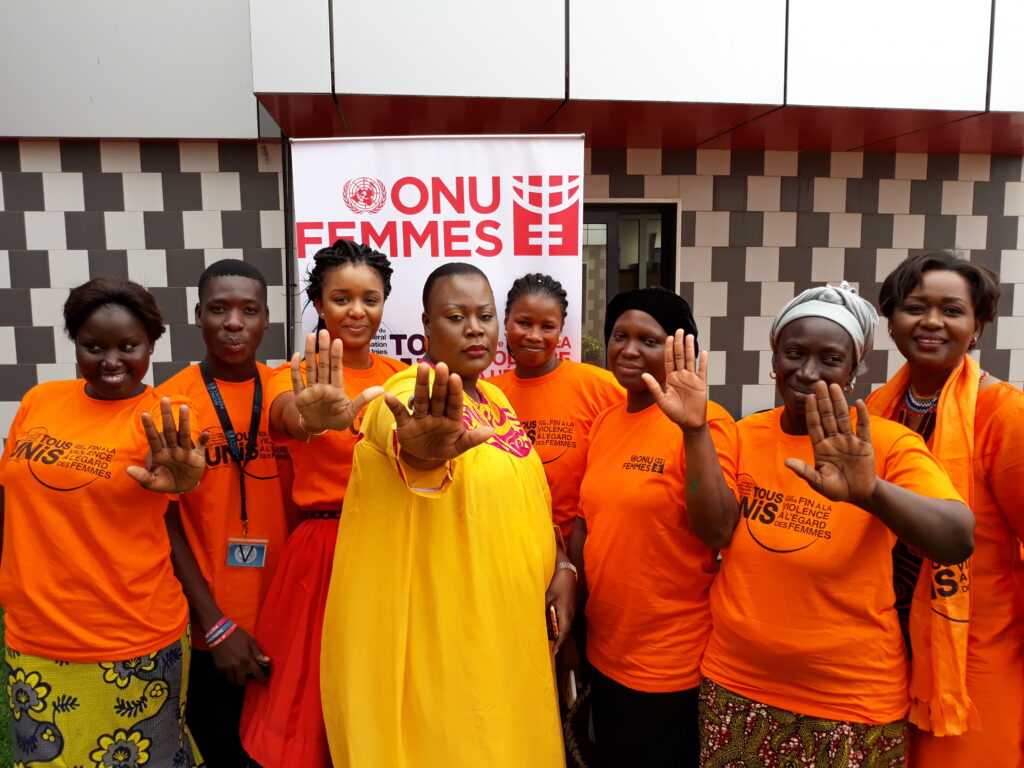
UN Women supports countries in West and Central Africa to take momentous strides towards the elimination of Gender-based violence (GBV) by successfully implementing and adopting historic legislation that aims to combat violence against women. In 2019, women parliamentarians in Senegal, with the support of UN Women and other civil society actors, passed new legislation bringing in harsher punishments for rapists and pedophiles, with prison terms ranging from 10 years to life imprisonment.
Economic empowerment of rural women
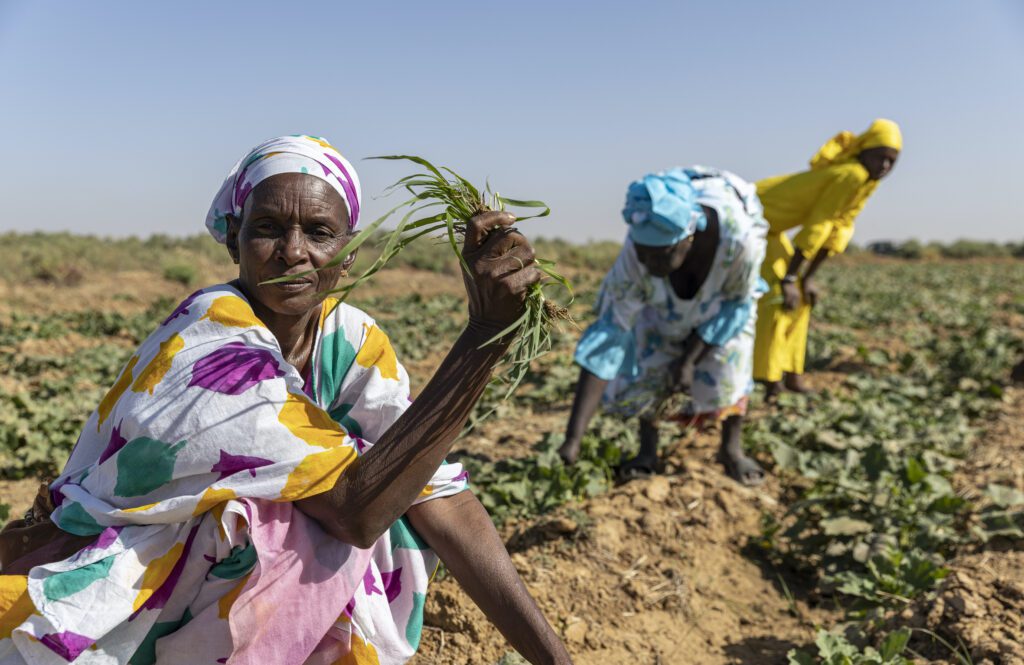
UN Women is building a stronger ecosystem for women agri-entrepreneurs, including through institutional strengthening of more than 400,000 women in Senegal, Mali, Liberia, Cote d’Ivoire and Nigeria.
Supporting women’s leadership in peace processes in the Sahel and the Lake Chad Basin
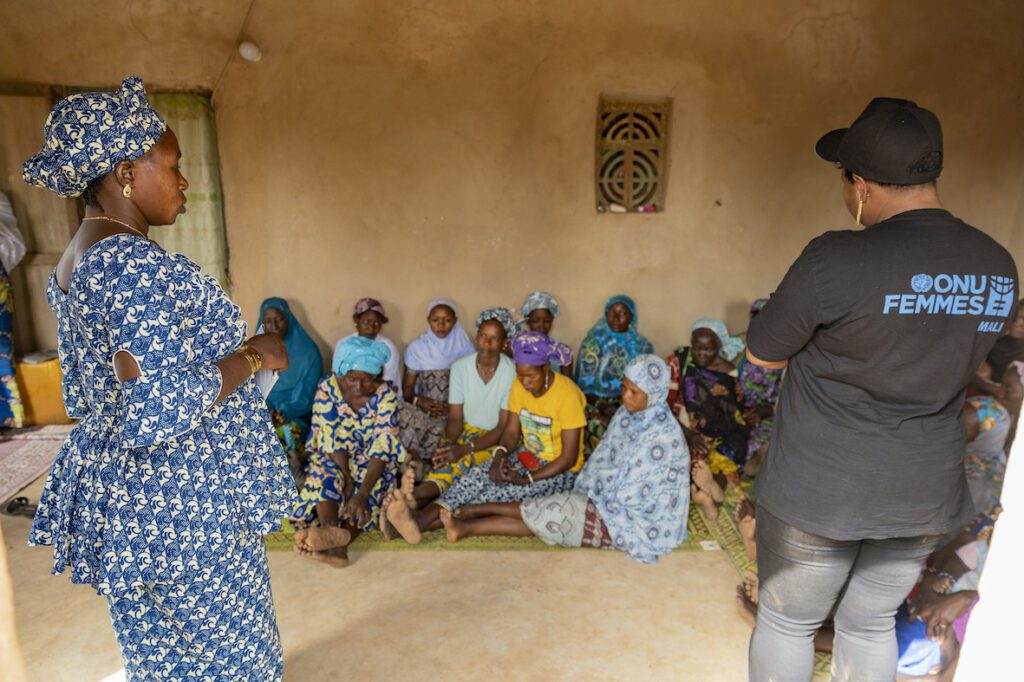
A strong movement of women to end conflict in the Sahel and in the Lake Chad Basin is being built through a women’s regional advocacy platform. Over 6,000 women now have the skills to actively engage in preventing community conflicts and over 8,000 security personnel were trained on protecting women from GBV in conflict.
Increasing women’s political participation
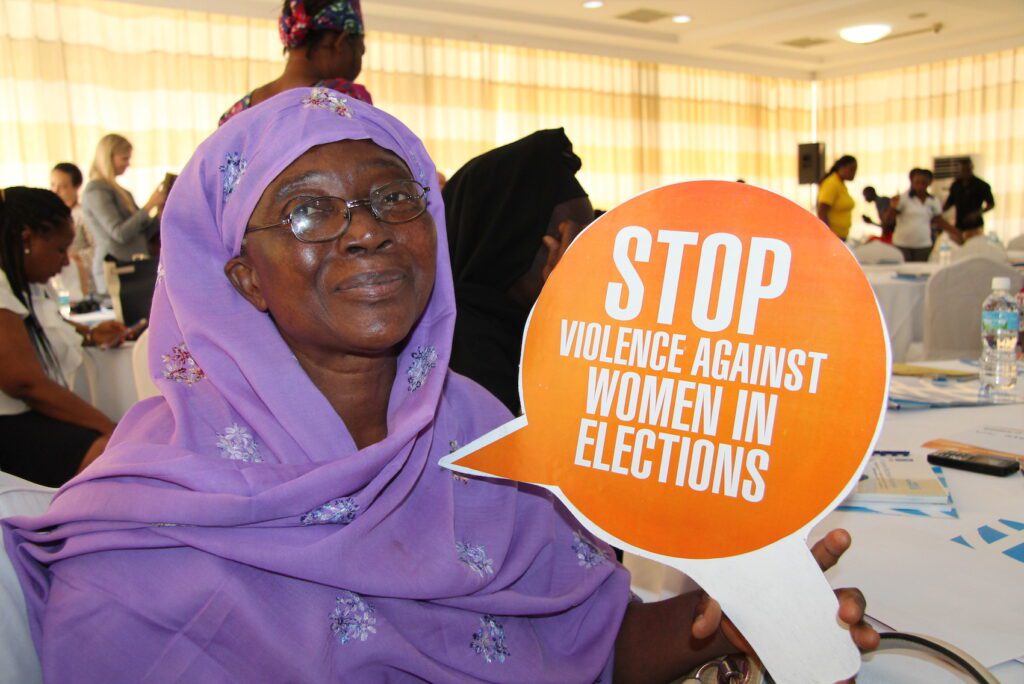
Political participation of both women and girls ranks high on UN Women’s agenda. As of December 2019, women accounted for 15 percent of Members of Parliament in West and Central Africa, and UN Women works relentlessly to significantly increase women’s participation in upcoming elections.
In West and Central Africa, 10 out of 12 countries now have electoral quota laws and several million women were made aware of various aspects of the electoral process.

Below: As Featured in the New African Woman Magazine Print & Digital Editions.
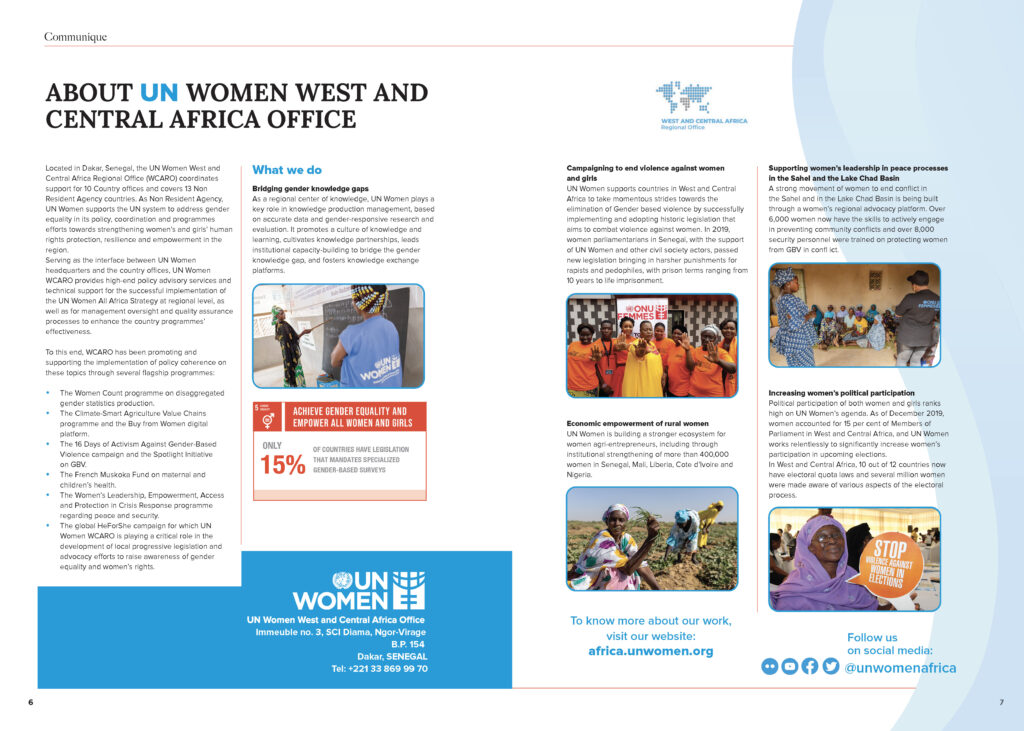
To know more about our work, visit our website: www.africa.unwomen.org
Follow us
